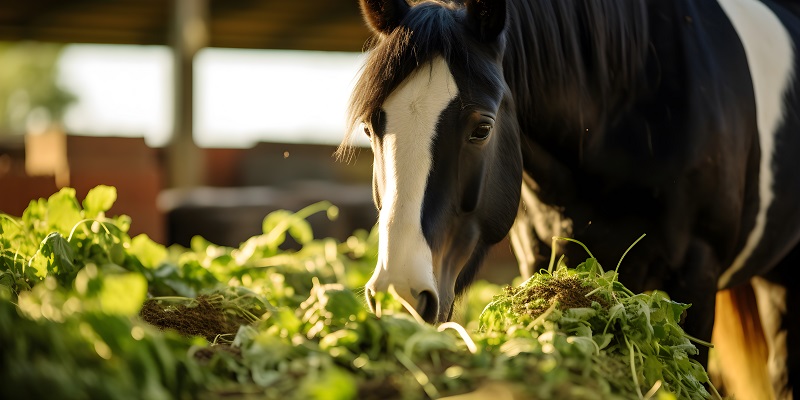The Impact of Nutrition on Your Horse’s Jumping Performance

Proper nutrition plays a vital role in a horse’s ability to perform well in jumping. Whether you’re training for competitions or simply working on improving your horse’s skills, the right diet can enhance strength, endurance, and recovery. Understanding what your horse needs nutritionally can make a noticeable difference in its jumping performance.
The Role of Energy in Jumping Performance
Jumping requires short bursts of powerful energy. To sustain this, a horse’s diet must provide the right balance of carbohydrates, fats, and proteins. Carbohydrates, found in hay and grains, are the primary source of quick energy. However, an excess of simple sugars can cause spikes in energy levels, leading to erratic behavior. Instead, slow-releasing energy sources like fiber from hay and beet pulp provide a more controlled energy supply, helping horses maintain focus and stamina during training and competition.
Fats are another excellent energy source, offering a steady release of fuel without making a horse overly excitable. Adding vegetable oils or rice bran to the diet can support sustained effort in jumping while promoting a healthy coat and digestion. Meanwhile, protein aids in muscle repair and development, which is essential for maintaining strength after intense workouts.
Muscle Strength and Recovery
As per Alec Lawler, a champion show jumping rider, strong muscles are crucial for a horse to clear jumps efficiently. Protein-rich feeds such as alfalfa, soybean meal, and flaxseed support muscle growth and repair. However, excessive protein can lead to dehydration, so it’s important to balance protein intake with adequate water consumption.
Electrolytes also play a key role in muscle function. Jumping horses lose essential minerals like sodium, potassium, and chloride through sweat, especially in hot weather or during strenuous training. Supplementing electrolytes helps prevent fatigue and cramping, allowing your horse to perform at its best.
Joint and Bone Health
Jumping puts significant strain on a horse’s joints and bones. Calcium, phosphorus, and magnesium are essential minerals for maintaining strong bones and preventing injuries. A proper calcium-to-phosphorus ratio (ideally 1.5:1 to 2:1) ensures effective mineral absorption. Too much phosphorus, often found in grain-heavy diets, can interfere with calcium uptake, weakening bones over time.
Omega-3 fatty acids, found in flaxseed and fish oil, help reduce inflammation and support joint health. These nutrients can be particularly beneficial for horses with a history of stiffness or joint issues, promoting smoother movement and flexibility over jumps.
Hydration and Digestive Health
A well-hydrated horse performs better in any discipline, but it’s especially important in jumping, where precision and agility are key. Fresh, clean water should always be available, as dehydration can lead to reduced stamina and increased risk of colic.
For optimal digestive health, a diet high in fiber from good-quality hay keeps the gut functioning properly. Sudden changes in feed can disrupt digestion, so any dietary adjustments should be made gradually. Additionally, probiotics and prebiotics can support a balanced gut microbiome, improving nutrient absorption and overall well-being.
Feeding Strategies for Optimal Performance
To maximize your horse’s jumping ability, feeding should be tailored to its workload. Horses in intense training may need more energy-dense feeds, while those in lighter work require a more fiber-based diet to avoid excessive weight gain. Feeding smaller, frequent meals instead of large portions helps maintain steady energy levels and prevents digestive issues like ulcers.
A well-balanced diet is key to enhancing a horse’s jumping performance. From energy sources to muscle support and joint protection, every aspect of nutrition contributes to a horse’s ability to perform confidently and efficiently. By ensuring your horse receives the right nutrients in the right amounts, you can help it reach its full potential in the jumping arena.


